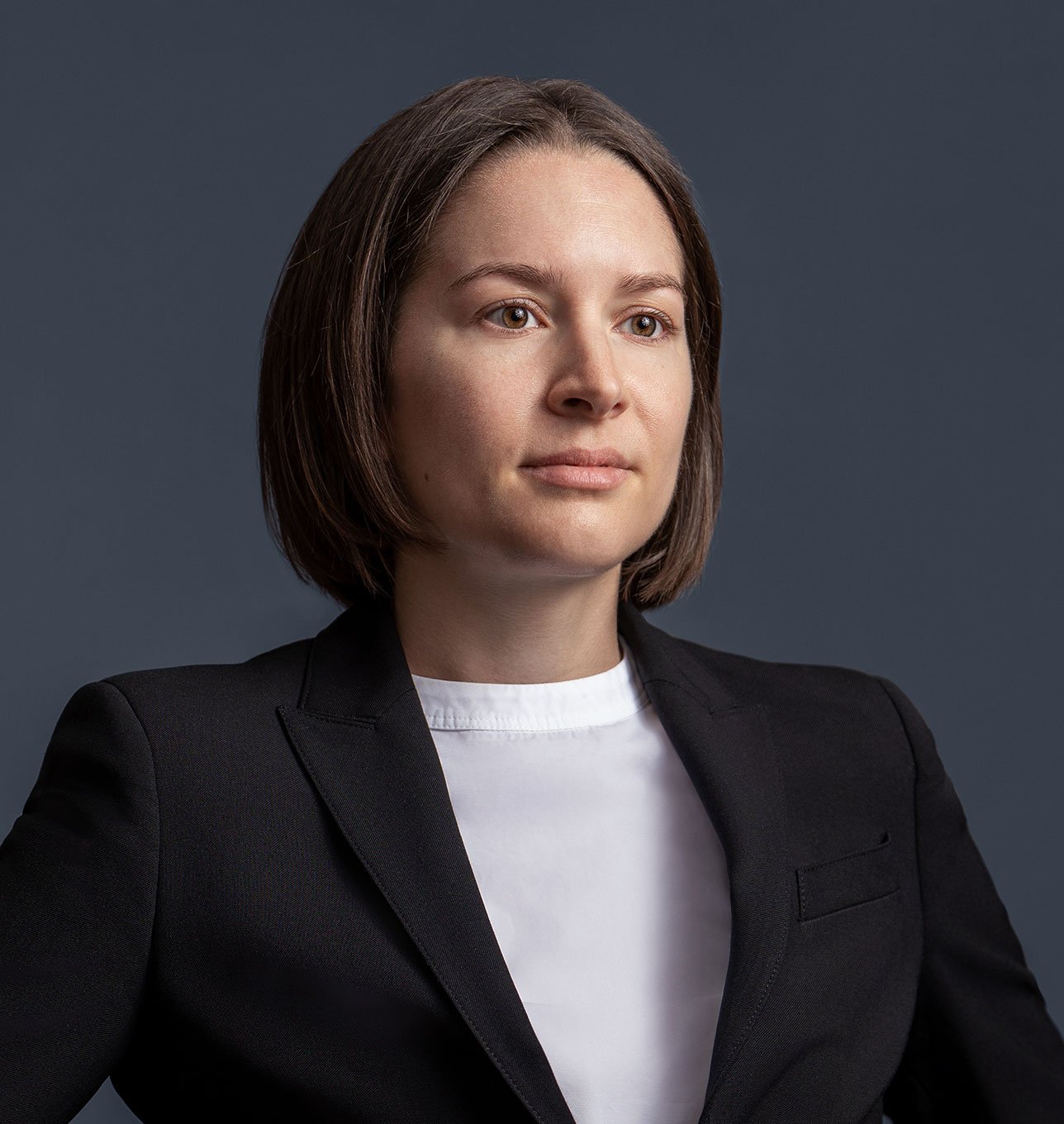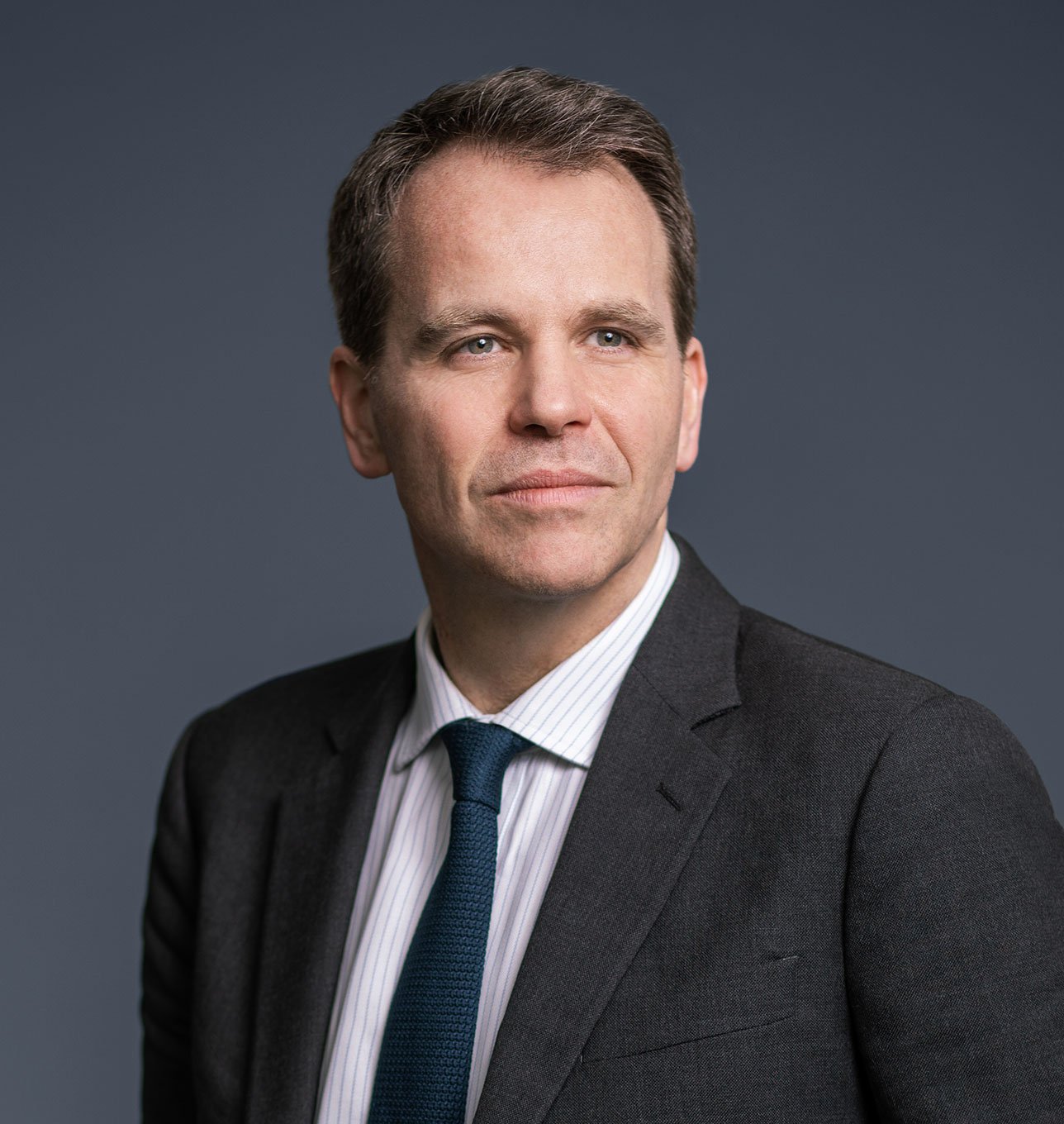All Change at the Top: What Might New Leadership at Antitrust Regulators Around the World Mean for Global Businesses?
Over the past six months, big-hitting global competition authorities have undergone significant leadership changes. Here, we consider the impact of these developments on global businesses.
Japan
Last month, Kazuyuki Furuya stepped down as leader of the Japan Fair Trade Commission (“JFTC”) after five years at the helm. Although Furuya’s tenure as Chairman was relatively short compared with previous heads, crucial developments took place under his leadership, including:
- New legislation addressing competition challenges in digital markets, most notably in respect of smartphones, which will bring into scope the activities of many of the world’s largest digital players;
- The publishing of Green Guidelines, indicating a greater willingness to promote cooperation between competitors where there are sustainability benefits;
- The enactment of new rules to protect small and medium enterprises from exploitation;
- High-profile contributions to joint international projects on competition law topics and the development of artificial intelligence; and
- Increasing staff numbers to “reflect high [enforcement] expectations and responsibility.”
The new chair, Eiji Chatani, takes over a challenging role against a backdrop of significant shifts in global politics to which the JFTC and businesses in Japan will need to respond.
European Union
In late 2024, Teresa Ribera was appointed as the Executive Vice-President of the European Commission for a Clean, Just and Competitive Transition, as part of a new team of Commissioners. From the start, Ribera has taken a fresh approach to competition enforcement in Europe. Indeed, President Von der Leyen’s mission letter to Ribera emphasized the need for a new direction: “Europe needs a new approach to competition policy—one that is more supportive of companies scaling up in global markets, allows European businesses and consumers to reap all the benefits of effective competition and is better geared to our common goals, including decarbonisation and a just transition.”
Ribera wasted no time in pursuing these goals. In April, the Commission imposed the first fines under the new EU Digital Markets Act alongside a warning that such penalties will be greater going forward and that regulatory compliance, not mere best efforts, is expected. In May, the Commission launched a major consultation on how it reviews mergers, emphasizing the need to take into account more factors than previously when assessing transactions, including efficiencies and innovation benefits. Olivier Guersent, the Head of the Commission’s Competition Unit, is set to retire soon, and the as-yet-unannounced new head will likely want to make a strong impression from early on.
United Kingdom
In July 2024, the United Kingdom elected a new government, triggering significant changes to the Competition and Markets Authority (“CMA”) which the government instructed to be “pro-growth,” in particular by reducing the burden of “red tape” on business. In January 2025, this pro-growth program led to the unprecedented removal of the previous chair and the appointment of a new interim chair with a pro-growth mandate. The CMA has since adopted a “4P framework” focused on pace, predictability, proportionality, and process. This framework encourages a more measured approach, which has already triggered changes including a new “wait and see” stance to hold off intervening in global deals where other authorities can address competition concerns.
Against the backdrop of the 4Ps and a more recent “Strategic Steer” from the government emphasizing its pro-growth agenda, the CMA has reinforced its commitment to rigorous enforcement. Furthermore, the Digital Markets Competition and Consumers Act, effective 1 January 2025, substantially expanded the CMA’s powers. The Act introduces: (1) a new jurisdictional threshold for merger review aimed at so called “killer acquisitions,” focused on the market position of the acquiring party when the target has a “UK nexus,” and (2) greater dawn raid powers, including the authority to interview a greater range of individuals and seize electronic data accessible from (not just on) the premises and ephemeral messages.
United States
Since President Donald Trump’s election in November 2024, there have been significant changes to the leadership of the Federal Trade Commission (“FTC”) and Department of Justice (“DOJ”). President Trump appointed Gail Slater as Assistant Attorney General for Antitrust at the DOJ, and has made substantial changes at the FTC. Chair Lina Khan has been replaced as chair by FTC Commissioner Andrew Ferguson. A new Commissioner, Mark Meador, has appointed by President Trump, and the president took the unprecedented step of firing the two Democratic FTC Commissioners, Rebecca Kelly Slaughter and Alvaro Bedoya, a move which has been challenged in court.
These new leaders are experienced antitrust lawyers who have pledged to prioritize antitrust enforcement. In April 2025, Slater set out her plan for “America First Antitrust,” which has three features: (1) protection of individual liberty from government and corporate tyranny; (2) respect for precedent and conservative constitutional principles; and (3) skepticism of regulation that stifles, rather than promotes, competition. At the FTC, Ferguson has pledged to “end the previous administration’s assault on the American way of life,” through competition enforcement policy. Nonetheless, the FTC and DOJ have, thus far, left intact two signature Biden-era initiatives: the 2023 Merger Guidelines, and the revisions to the Hart-Scott-Rodino pre-merger notification regime making US merger control filings more complicated.
Conclusion
As the new leaders of key global antitrust authorities begin to make their mark, businesses need to adapt to evolving regimes and to respond to regulatory threats—in addition to opportunities—appearing on the horizon. Not only will national regimes change, but also the work of international organizations where competition leaders come together to discuss how to join up and adopt global approaches to transnational challenges.









